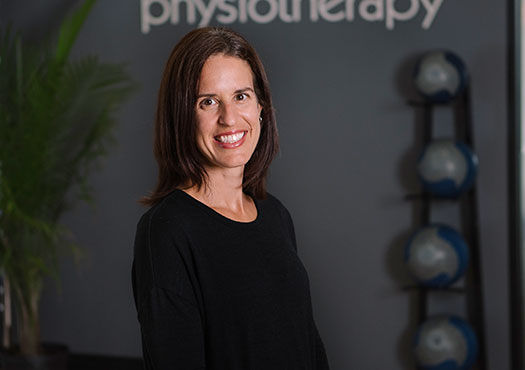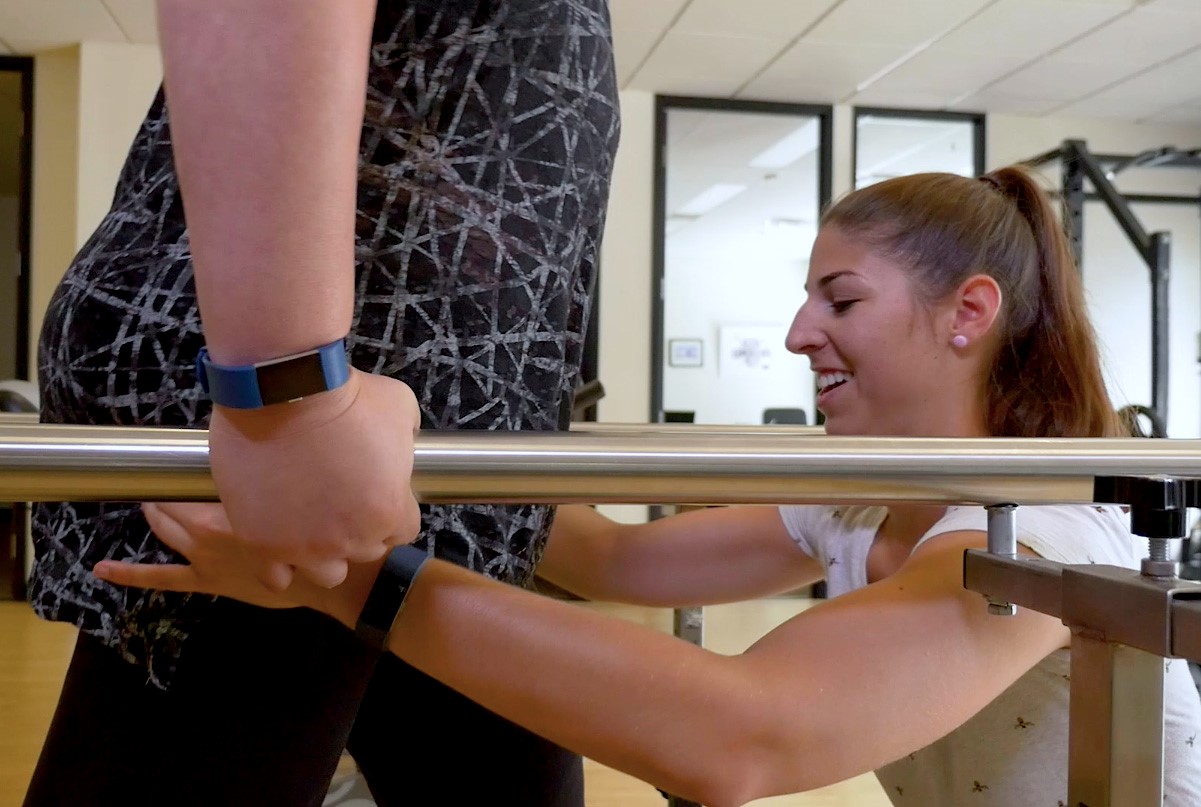The term self care has been used to describe everything from spa treatments to napping. In actuality, self care is a holistic lifestyle approach to help prevent and treat illness and injury.
Taking the time for self care is far from selfish or indulgent. It requires self reflection, self awareness and discipline. It is an essential practice that can benefit individuals, families and whole communities. In this article, we will look at its benefits, ways to build it into your routine, and how healthcare professionals can teach self care to people they serve.
Table of Contents:
- What is self care?
- The benefits of self care
- Building self care into your routine
- Building self awareness
- Teaching self care to clients
- Self care strategies
What is Self Care?
Self care is the intentional and proactive practice of nurturing and prioritizing one’s physical, mental, and emotional well-being. It encompasses a range of activities and strategies that individuals engage in to promote their overall health and vitality.
At its core, it involves recognizing and honouring one’s own needs and boundaries, and limitations. It goes beyond basic hygiene and includes activities that foster self-reflection, relaxation, stress reduction and self-empowerment.
Self care is a personalized journey that varies from person to person, as it involves identifying and engaging in activities that resonate with one’s unique interests, values and goals.
The Benefits of Self Care
The benefits of self care are widespread. Taking time for physical self care can improve strength, endurance, mobility and contribute to disease prevention. Self care practices for your mental health can improve mood, concentration, prevent burnout, and increase compassion.
In addition to these many benefits, incorporating self care practices improves self management skills, which positively impacts long term health outcomes.
Building Self Care Into Your Routine
There are many ways to build self care into your routine. It does not need to be expensive or even time consuming. There is no one size fits all option to develop a plan. Finding time for what matters most to you is key in developing your plan.
Here are some tips to ensuring your success:
- Write down your values and your plans to align to these values. For example, take 10 minutes in the morning to meditate, or incorporate 20 minutes of yoga into your lunch break.
- Tell your closest friends about your plan. It helps to have others support and some accountability.
- Make it visible. Use notes and visual cues around your home and work to help remind and guide you toward your self care routine.
Building self care practices into our professional and personal lives is not easy but an essential practice for our physical and mental health. One way to increase our ability to maintain a routine and avoid unhealthy behaviours is to build self awareness.
Building Self Awareness
Building self awareness allows you to see the connection between your thoughts and emotions and the behaviours that impact your health and wellbeing. Building awareness brings insight and connection into long term consequences of actions particularly around behaviours such as smoking, over eating, and excessive alcohol consumption.
Ways to build self awareness:
- Start a mindfulness practice to increase focus and attention.
- Have client journal or track physical, emotional or cognitive symptoms.
- Verbally state the link between the emotion and the behaviour.
- Clarify and write down values and goals.
Teaching Self Care to Clients
Healthcare professionals play a vital role in educating and empowering clients to navigate their own health care needs. Whether it is through creating health literacy, modelling self care practices or providing strategies, tools and resources, teaching self care is an essential skill that can benefit individuals, families and communities.
Creating Health Literacy
Health literacy refers to an individual’s ability to obtain, understand, and use health information to make informed decisions about their health and healthcare.
Health literacy empowers individuals to advocate for their own healthcare needs and promotes effective communication between healthcare providers and patients. In addition, it can improve health outcomes while reducing healthcare costs through awareness of prevention and self management strategies.
Ways for healthcare providers to increase clients’ health literacy:
- Use simple language avoiding medical terminology and jargon
- Use teach back or show back methods
- Ask open ended questions
- Use graphics and pictures instead of long written instructions
Health literacy should be considered an integral component of healthcare delivery and public health initiatives to empower individuals, reduce health disparities, and improve health outcomes. A programs called ABC Life Literacy Canada develops, publishes, and distributes foundational learning materials to educators and learners at no cost.
Modelling Self Care Practices
Lead by example and demonstrate self-care practices in your own life. When individuals see you prioritizing self care and reaping the benefits, they are more likely to be motivated to do the same. Discuss ways you build self care into your own routine and how it helps you.
Self Care Strategies
Healthcare professionals can provide practical tools and resources that enable clients to manage their health effectively. This may involve teaching strategies for stress reduction, promoting healthy lifestyle choices, and encouraging regular self-assessment to identify areas of improvement.
At Propel Physiotherapy, we believe that self care is a fundamental component of overall health and well-being. Our approach involves collaborating with clients and other members of their healthcare team to develop and personalize plans that address their specific needs and goals.
Through education, training and therapeutic interventions, we empower individuals to become active participants in their self-care journey, fostering independence and enhancing their quality of life.
Contact us to find out how our integrated team of physiotherapists, exercise physiologists, occupational therapists, massage therapists, and mindfulness trainers can help you build self care into your routine.
Written by

















